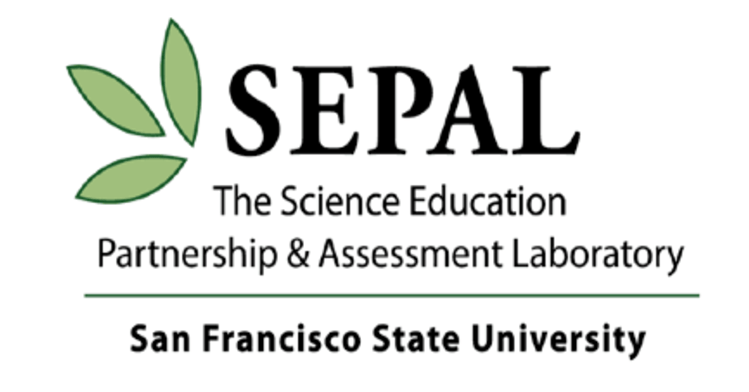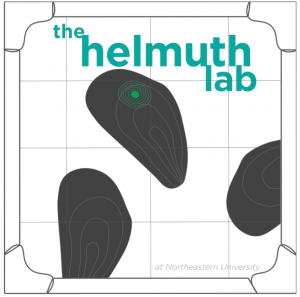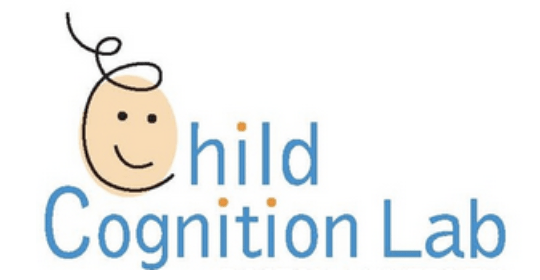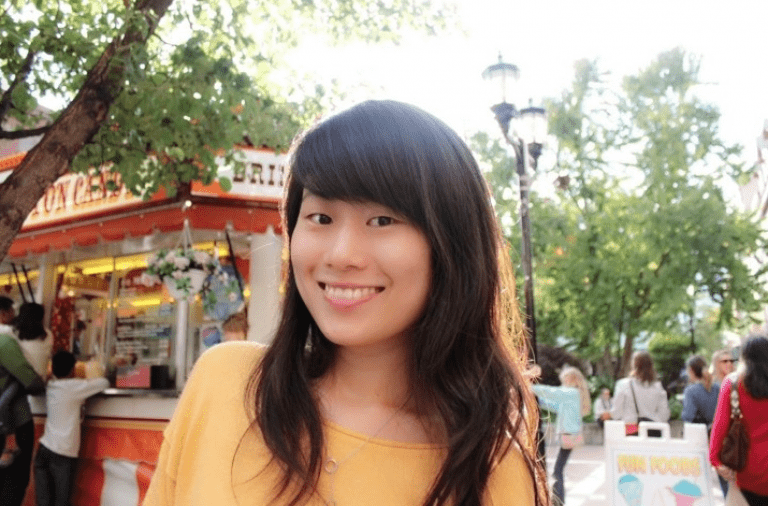

The CORE Lab has enjoyed an evolving partnership with researchers in cognitive psychology at Queen’s University Belfast in Northern Ireland since Dr. Coley and Dr. Aidan Feeney met in 2004. Soon after, Dr. Feeney began a tenure as a Visiting Scholar at Northeastern University; with the CORE LAB, Drs. Feeney and Coley worked on projects and authored papers pertaining to differential social categorization and saliency of social categories in Northern Irish and American individuals, and category-based inductive reasoning. During the spring and summer of 2017, Honors Research Fellow and former CORE Lab Research Coordinator Alix Alto held a Visiting Research Associate position in Dr. Feeney’s High-Level Cognition Lab, where she worked with Dr. Feeney and Dr. Jocelyn Dautel on projects in social cognitive development, prosociality and social categorization in Northern Irish children, episodic memory, and teleological reasoning as a model of explanatory preference using a dual-process model. Additionally, as of the spring of 2020, Jessica Leffers, a fourth year graduate student in the CORE Lab, is conducting research at Queen’s University as a visiting graduate researcher.

Since the summer of 2016, the CORE lab has been collaborating with the Social Psychology Center at China Central Normal University (CCNU) in Wuhan, China. Our ongoing collaborative research projects investigate cultural dimensions of the representation, use, and development of social categories in China and the U.S. As part of this ongoing collaboration, Dr. Fangfang Wen was a visiting scholar in residence at the CORE Lab from November 2016-November 2017, and in May 2017, Dr. Coley and Dr. Bin Zuo (Director of the Social Psychology Center of CCNU) co-chaired a research symposium at the 29th Annual Convention of Association for Psychological Science in Boston.

Our collaboration with Dr. Lauren Swiney at the Warwick Integrative Synthetic Biology Centre at the University of Warwick in the UK involves projects investigating relations between intuitive biological thinking and people’s understanding of advances in synthetic biology. The goal of this work is to understand how intuitive cognitive construals such as essentialist and teleological thinking might impact, constrain, and influence people’s understanding and acceptance of cutting edge bioengineering, and how we can use knowledge of these relations to help people make genuinely informed decisions about controversial new biotechnology.

In recent months, the CORE Lab has been working to begin collaborative research with the Center for Science Education (CSE) at Tufts University. The CSE’s focus is to bridge the divide between biomedical scientists and high school educators, to bring the up-to-date science behind health and disease into the high school classroom. We work with Revati Masilamani, Ph.D. on the Great Diseases project, and Carol Bascom-Slack, Ph.D. on the PARE project. Our work together will inform translation of science into practice using research around the intuitive understanding of biology.

The CORE Lab is collaborating with Dr. Imac Zambrana of the Department of Special Needs Education, University of Oslo on a new line of research investigating how different educational approaches may influence children’s exploration, and thereby impact their ecological thinking and behaviors.

The CORE lab has collaborated with Dr. Brian Helmuth and his lab, The Helmuth Lab, on projects combining the disciplines of cognitive psychology and marine/ environmental science. CLEAR, the Cognitive Laboratory of Environment and Arts Research, focuses on using cognitive psychology techniques and art to increase engagement and stewardship towards the marine environment. The combination of teams have also explored people’s perception of their relationship to waterways and how we can influence this to increase environmental consciousness.

The Social-Ecological Sustainability Lab, led by Dr. Steven Scyphers, has worked with the CORE lab on projects combining cognitive psychology and environmental considerations. The Social-Ecological Sustainability Lab focuses on problem-solving in coastal communities and fisheries. Collaboration with the CORE lab and Dr. Scyphers has focused on modeling human-nature relationships in regards to waterways to better understand how to maximize environmental stewardship and investment.

The Cognitive Laboratory of Environment and Arts Research (CLEAR) is a collaboration between Northeastern University and the Fashion Institute of Technology (FIT). The lab combines multiple disciplines to investigate how engaging with the arts can increase understanding and stewardship towards the environment. By creating immersive public art installations, the lab is able to research how these may impact public perceptions of the environment using techniques in cognitive science.

The CORE Lab collaborates with the Child Cognition Lab at Boston University to find out what both adults and children understand (and do not understand) about the mechanisms of viral transmission and infection (both viruses generally, and COVID-19 as a specific example). We’re planning to use this information to develop an intervention that provides people with an accurate mechanistic understanding of viruses and hopefully increases their likelihood of engaging in behavior that reduces the risk of viral transmission.

Dr. Yian Xu completed her Ph.D studies in the CORE Lab in the summer of 2019. While working as a postdoctoral researcher at the Conceptual Development and Social Cognition Lab at New York University, Yian continues her collaboration with the CORE lab to investigate cultural and individual variances in psychological essentialism, and their implications in legal and clinical decision-making.